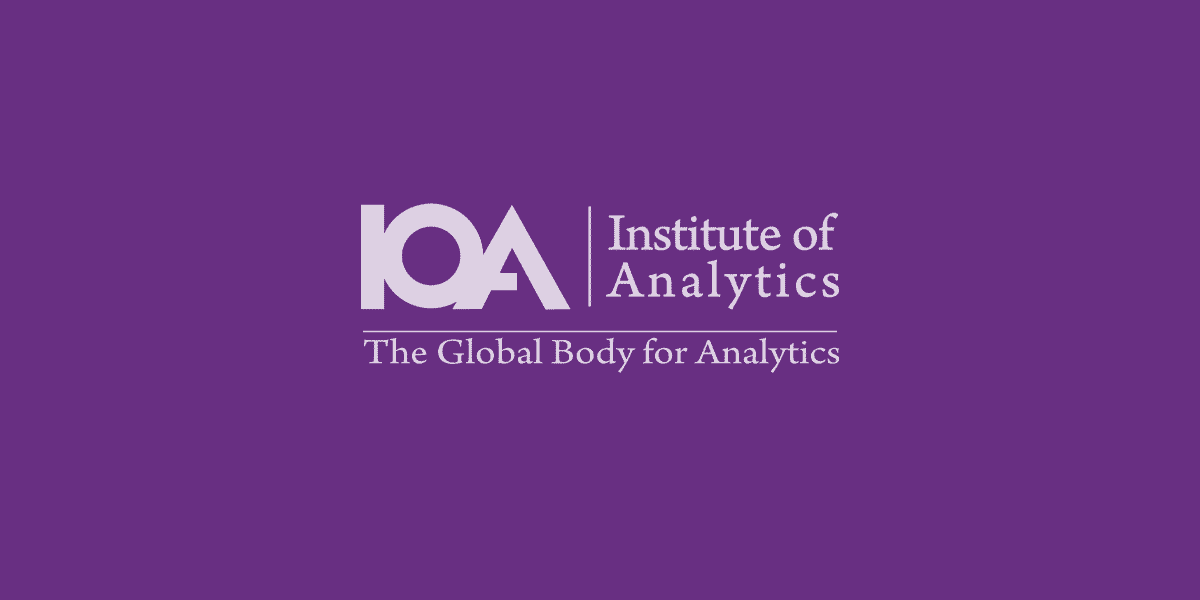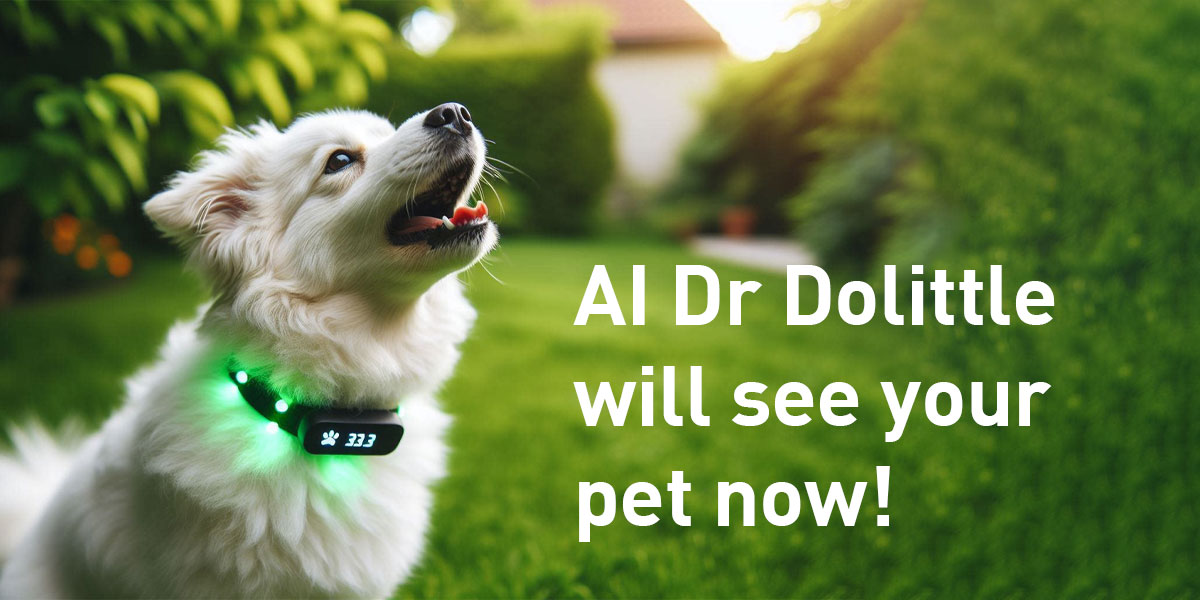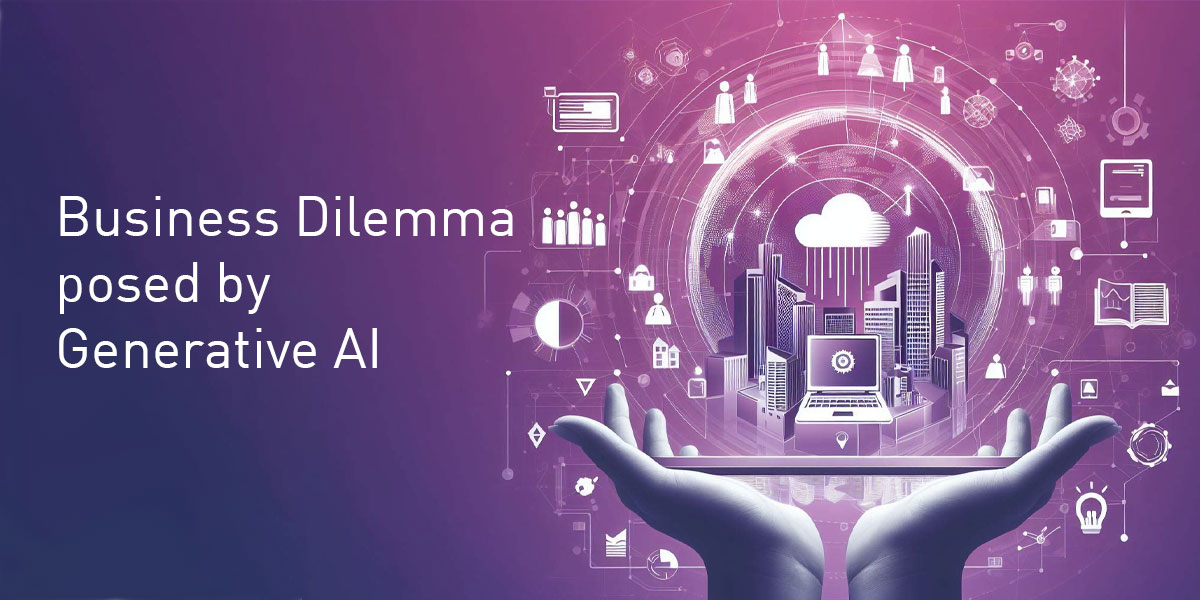Necessary cookies are absolutely essential for the website to function properly. These cookies ensure basic functionalities and security features of the website, anonymously.

Analytics and equality
Can modern analytics shed light on inequality in society? This week we were lucky to be at the Debugging Inequality conference at the LSE. Although traditional social scientists have been slow to move into the area of complex analytics, we are starting to see a number of quantitative researchers using more complex text analysis and location data tools to gain insight into the world around us. LSE has often led the way internationally in the field of political and social research and that is true today, although we were joined by researchers from around the country.
The use of complex analytics can be challenging for those researching issues of equality around the world. The day began with a keynote from Stephanie Hare on the challenges of a working with a technology that is far from neutral. Introducing ethics into analytics processes is not easy and she introduced the concept of the a spectrum of ethical values that range from good to bad, but also require other axes to explain the multiple and complex choices we make when technology is applied. She also introduced the idea of an engineering term for analytics, the ‘wicked problem’. Sometimes, when we are faced with a problem that traditional means can’t solve, we will end up creating other problems. There is no perfect solution.
From accessible technologies that apply spoken word descriptions to images, to interventions to help to explain our unexplainable black box technologies, there is a wealth of research coming to help us to understand how we can better create more equality through technology.
Read Stephanie’s book, Hare, S, Technology is Not Neutral, London Publishing Partnership, 2022.






